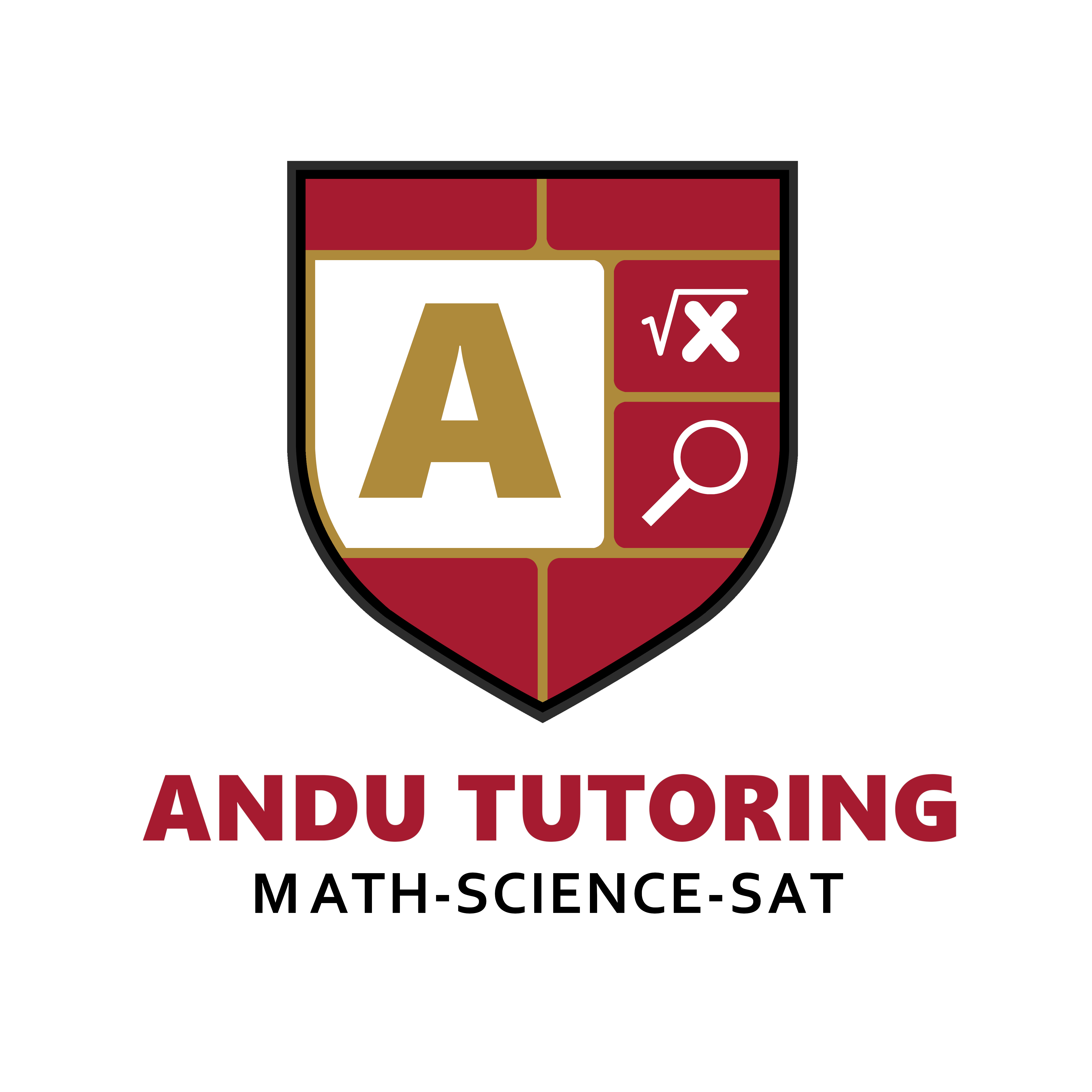
AS (Advanced Subsidiary) and A-Level (Advanced Level) Mathematics are qualifications typically studied by students in the UK and international schools as a part of their final years of secondary education, usually over two years. These courses provide a deeper and more comprehensive understanding of mathematical concepts compared to IGCSE, and they prepare students for university studies and careers requiring strong mathematical skills. The curriculum is divided into Pure Mathematics and Applied Mathematics, which includes Mechanics and Statistics.
### Pure Mathematics
1. **Algebra and Functions**:
– Polynomial equations
– Rational expressions
– Exponential and logarithmic functions
– Graph transformations and function analysis
2. **Coordinate Geometry**:
– Equations of straight lines and circles
– Parametric equations
– Intersection of lines and circles
3. **Sequences and Series**:
– Arithmetic and geometric progressions
– Binomial theorem
– Summation of series
4. **Trigonometry**:
– Trigonometric identities and equations
– Sine and cosine rules
– Radian measure
– Graphs of trigonometric functions
5. **Calculus**:
– Differentiation and its applications
– Integration and its applications
– Techniques of differentiation and integration
– Differential equations
6. **Vectors**:
– Vector algebra
– Scalar and vector products
– Equations of lines and planes
### Applied Mathematics
#### Mechanics
1. **Kinematics**:
– Motion in a straight line
– Motion under gravity
– Projectiles
2. **Forces and Newton’s Laws**:
– Newton’s laws of motion
– Friction
– Dynamics of a particle
3. **Work, Energy, and Power**:
– Work done by a force
– Kinetic and potential energy
– Conservation of energy
– Power
4. **Momentum and Impulse**:
– Linear momentum
– Impulse and momentum principles
#### Statistics
1. **Data Representation**:
– Measures of central tendency and dispersion
– Histograms, cumulative frequency, and box plots
2. **Probability**:
– Basic probability principles
– Conditional probability
– Discrete and continuous probability distributions
3. **Statistical Distributions**:
– Binomial and normal distributions
– Use of statistical tables
4. **Statistical Hypothesis Testing**:
– Null and alternative hypotheses
– Significance levels and critical regions
– Hypothesis tests for means and proportions
### Advanced Topics (A2 Level)
1. **Further Algebra and Functions**:
– Partial fractions
– Algebraic fractions
2. **Further Calculus**:
– Advanced techniques of integration
– Applications of integration
– Solving differential equations
3. **Further Mechanics**:
– Circular motion
– Simple harmonic motion
– Momentum and impulse in two dimensions
4. **Further Statistics**:
– Poisson distribution
– Continuous random variables
– Chi-squared tests
### Problem-Solving and Modelling
1. **Mathematical Modelling**:
– Formulating mathematical models to represent real-world scenarios
– Solving and interpreting models
– Refining models based on solutions and interpretations
2. **Applications**:
– Applying mathematical techniques to solve practical problems
– Developing logical reasoning and critical thinking skills
AS and A-Level Mathematics courses emphasize not only the acquisition of advanced mathematical techniques but also their practical application in solving complex problems. Students are encouraged to develop their analytical and problem-solving skills, preparing them for further education and various professional fields.

